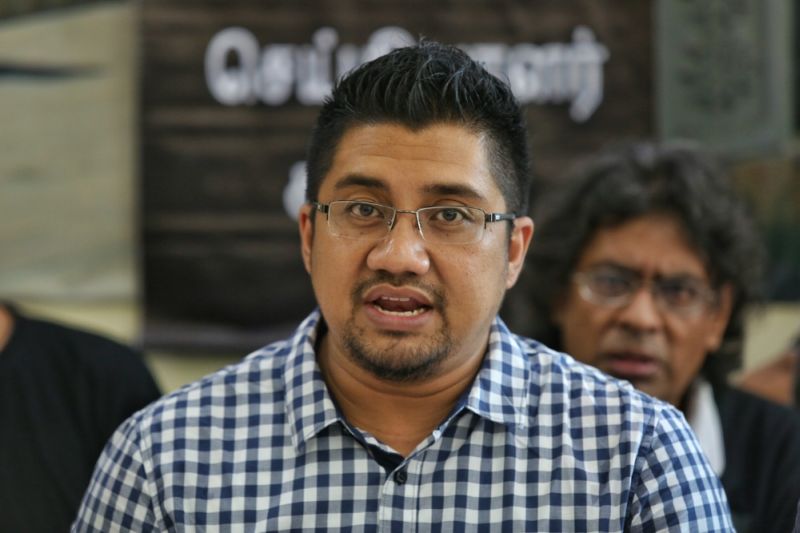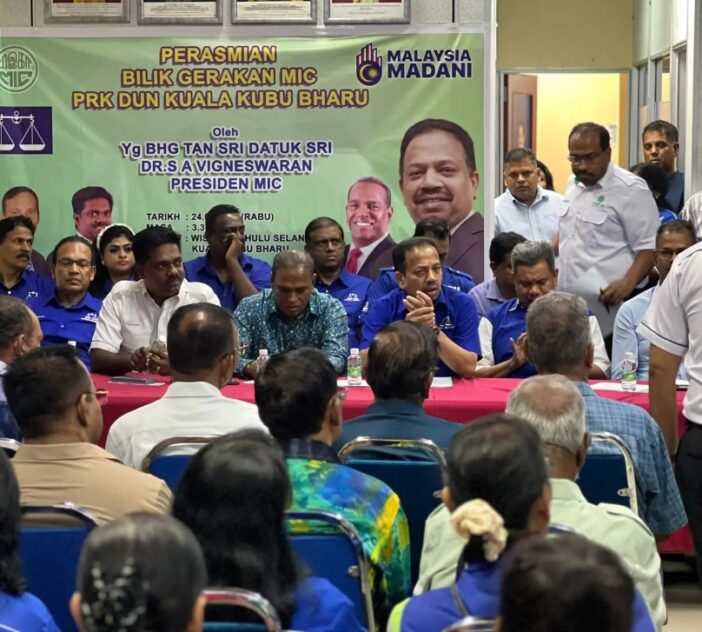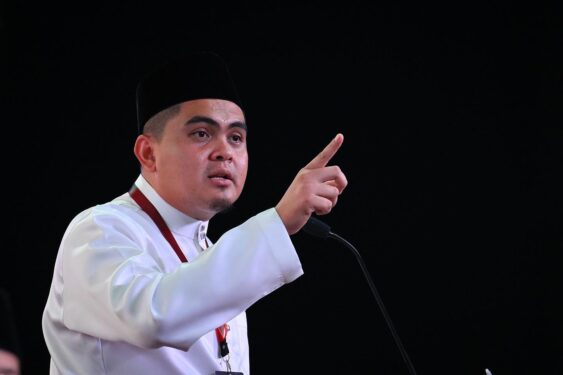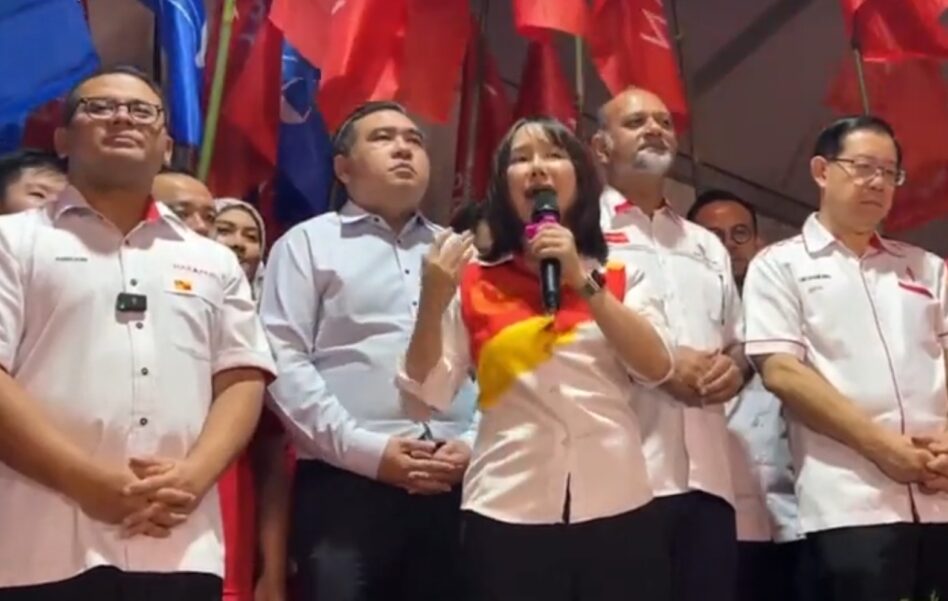ON Feb 26, Tenaga Nasional Bhd (TNB) had submitted its proposal to review the electricity tariff for Regulatory Period 3 (2022-2024) to Putrajaya.
For everyone’s information, the Government reviews the electricity tariff once every three years. TNB’s tariff was supposed to be increased from Jan 1 but this was postponed to Jan 1, due to the ongoing pandemic.
It is to note that TNB’s revenue is capped under the Incentive Based Regulation (IBR) tariff methodology practiced by Putrajaya. Sometimes, TNB can experience excess revenue due to higher electricity sales, lower capital expenditure or lower fuel costs (coal & fossil-gas). However, TNB must refund excess revenue back to consumers through the Imbalance Cost Pass Through mechanism (ICPT) with a certain amount transferred to Kumpulan Wang Industri Elektrik (KWIE).
ICPT is a mechanism to impose rebate or surcharge onto consumers depending on whether TNB has a surplus or deficit in revenue.
ICPT is not imposed on households with consumption less than about RM77 (300kWh) as the KWIE fund is utilised to insulate them. The revenue cap methodology removes any potential for ulterior motives to tamper with metres. However, the revenue cap model was also the primary reason TNB made profits when Malaysia was battered with COVID-19 and economic recession.
IBR-ICPT tariff methodology ensures TNB can provide a return measured as Weighted Average Cost of Capital (WACC) of 7.3%. Thus, TNB is insulated from any risks in exchange for fixed revenue. TNB’s revenue from the assets may be capped but its profits are not capped.
Henceforth, TNB’s upper management made up of technocrats and bureaucrats can increase the profit by minimising their workers’ renumeration. Profit for any corporation comes from difference between revenue and operational cost. TNB have minimal control on fixed cost such as fuel and equipment cost, so minimising workers’ renumeration is a must to increase profits.
Barely 30 years ago, TNB directly employed Malaysians for non-core operations such as gardeners, cleaners and plumbers. The non-core operations workers were treated as TNB staffs, who received renumeration and other perks such as housing, fixed wages and annual increments.
Today, non-core operations are outsourced to certain companies, with the workers paid minimum wage.
TNB had also begun to outsource critical works such as metre installations and powerline repairs, which were formerly done by its own workers. It is becoming a common sight to see certain people working on TNB assets wearing shirt stating “Kontraktor TNB”.
Using race card to protect cronies
These contractors had begun to employ migrant workers to maximise profits. The weak protection for migrant workers allows these contractors to overwork but underpay them. These measures reduce workers’ renumeration and jobs available for Malaysian households to exit poverty.
Any criticism towards the outsourcing policy is curtailed using the race card. The Finance Ministry (MOF), Khazanah Nasional Bhd and TNB justify these outsourcing and labour policies on the pretext of developing Bumiputra entrepreneurs.
But in reality, jobs and renumeration for tens of thousands of Malaysians are sacrificed to produce few wage-suppressing firms, owned by handpicked crony contractors.
Making matters worse, renumeration for technical workers has been eroding since the privatisation effort. Majority of TNB’s technical field workers suffer from long term diseases such as Parkinson’s and heart ailments due to the rough nature of their job.

Initially, TNB provides lifetime medical support even after retirement to their employees, recognising their contribution to national development. Several years ago, this lifetime medical obligation was removed for newcomers citing burdening cost.
So, the past advise given by our parents that one should study hard to become a professional engineer with TNB to earn well is no longer valid. It is just a matter of time before this wage suppression policy comes knocking at the professional and engineers’ level. The wage suppression policy will always start from the bottom before finding its way upwards.
In 1996, the Government starting placing hospital cleaners on contracts rather than permanent employment, causing the steady decline in their earnings. The doctors and pharmacists did not speak out against this because they thought their professional jobs would remain secure. But in 2016, the Government put medical doctors under contract system too!
Back to TNB, on a micro-level, the company’s widening profits under the fixed revenue system comes from suppressing workers’ renumeration by outsourcing direct jobs. These decisions are mostly made by business technocrats, controlling the highest management of TNB and Khazanah.
The eroding remuneration will cause brain drain and impact talent acquisition, jeopardising long term reliability of Malaysia’s electricity infrastructure. The reliability of electricity infrastructure is crucial to power Malaysia’s economic growth and improve living standards.
Therefore, Malaysia needs to replace the revenue cap model with a profit cap model to limit the dividend pay-out from regulated electricity assets. Limiting dividend pay-out will curtail the wage suppression-based labour policy in TNB. – Sept 9, 2021.
Sharan Raj is a human rights activist, environmentalist and infrastructure policy analyst. He is also the central committee member for Parti Sosialis Malaysia (PSM).
The views expressed are solely of the author and do not necessarily reflect those of Focus Malaysia.










